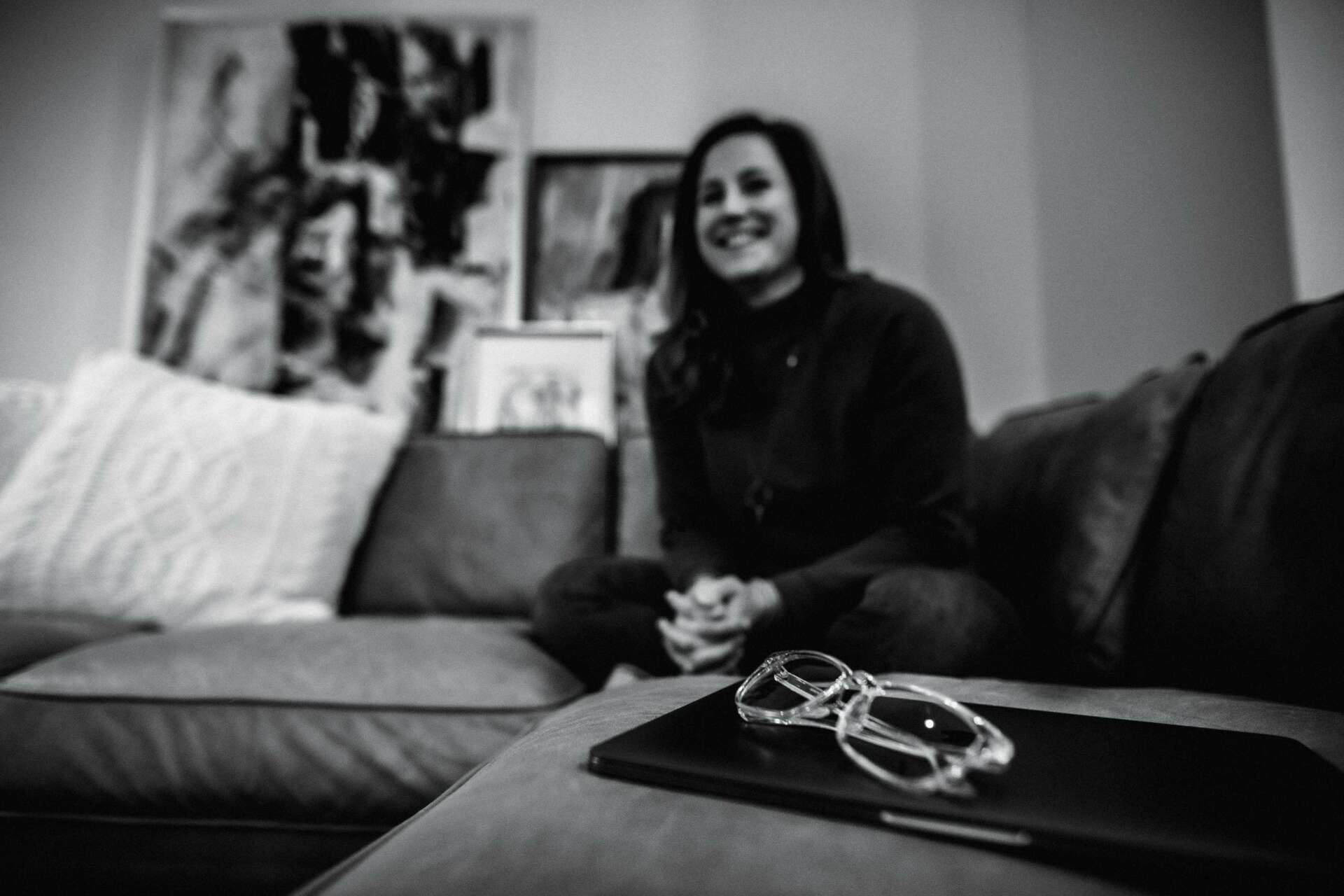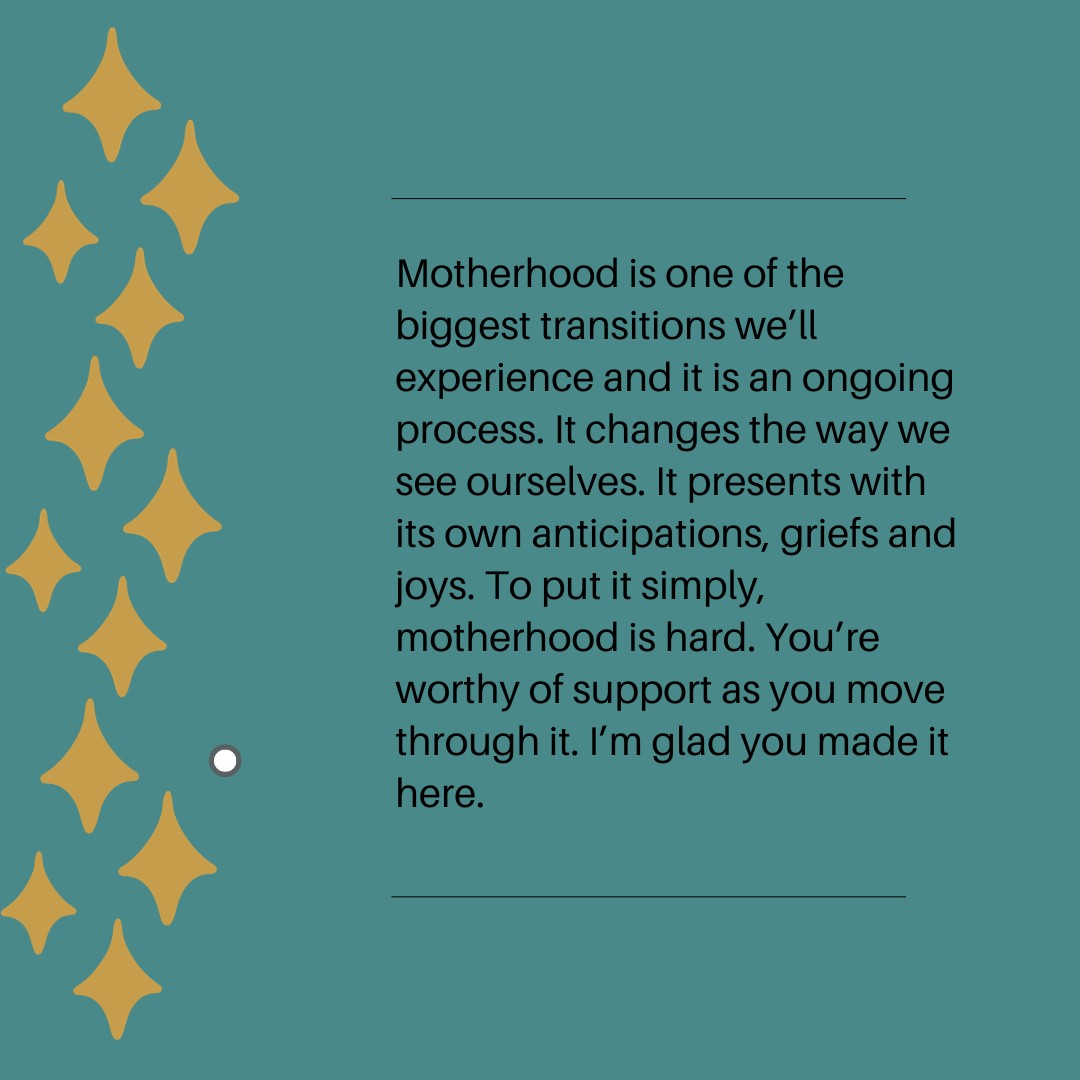We’re excited to introduce you to the always interesting and insightful Kelsey Mizell. We hope you’ll enjoy our conversation with Kelsey below.
Kelsey, thanks for joining us, excited to have you contributing your stories and insights. Was there a moment in your career that meaningfully altered your trajectory? If so, we’d love to hear the backstory.
Thanks for having me! I’d say there have been lots of small moments that have pointed me in the general direction of supporting parents and families, though there is definitely a defining moment that led me to my specialty in perinatal & maternal mental health. It was when my son was born. I wouldn’t say the trajectory of my career changed in that exact moment, though in becoming a mother, there were many unanticipated challenges and feelings that started to shift my focus. After my son was born, I struggled with feeling disconnected, being uncertain about my new identity; and what I now know as postpartum anxiety. I had a partner and the baby I had always wanted – and I was confused because I felt alone.
As a therapist already and a therapy client myself, I was well versed in ambivalence and the concept of experiencing multiple different feelings at once, but I wanted to make this make sense for me. So as many people do, I did a lot of research, reached out to my therapist and dove head first into the world of perinatal and maternal mental health. I found out about perinatal mood and anxiety disorders and I connected with the term matrescence. The developmental model of matrescence resonated greatly with me as it normalized the transition to motherhood as this vast transformation; how the physical, psychological and emotional changes in our bodies and our relationships can be overwhelming and hard. Knowing that I wasn’t alone in this created relief almost instantly. As I did my own work to take care of myself, to learn to receive support, to feel balanced in my identity as a mom and more than a mom, I wanted to give that support to others. I wanted to be able to help other women feel connected and confident in their experiences, to take care of themselves and make motherhood their own.
And so Like A Mother started,

Kelsey, before we move on to more of these sorts of questions, can you take some time to bring our readers up to speed on you and what you do?
I’m a perinatal, motherhood and trauma therapist with a private therapy practice based in Atlanta, Georgia. I am licensed in Georgia, Florida and Arizona. I provide individual counseling services and workshops to women, mothers and families as they navigate through motherhood.
In my counseling services, I use an interpersonal approach and pull from multiple modalities including attachment, mindfulness, self-compassion and internal family systems. Upcoming workshops will cover topics including postpartum preparation (with a focus on mental health), transition back to work, boundaries and grief in motherhood.
Many of my clients seek out my support as the transition to motherhood does not go as they anticipated. They find that the societal and patriarchal expectations/ narratives of what a mother “should” be (happy, full of joy, grateful) doesn’t fit for them. Their experiences are much more complex and nuanced. as they may feel ambivalent or overwhelmed, struggling to figure out how to get their needs met while managing multiple identity shifts and relationship changes as they care for a child. They also want to feel regulated, confident and connected with their experience as mothers, as women, as workers, as people; to make find space for the many parts of themselves.
Honestly, I’m most proud of being able to witness the hard work that my clients do every day. They want to learn more about how their reproductive journeys impact their mental health; they demonstrate vulnerability and curiosity with their struggles, practice self-compassion quickly after learning about it and show up to meet their own needs with confidence.
The main thing I want potential clients to know is that if you’re ready to put in the work, so am I! I’m here to help you make motherhood your own, to take care of you and connect with yourself again.

What’s a lesson you had to unlearn and what’s the backstory?
A lesson I’ve had to unlearn is perfectionism. I’ve had tendencies towards perfectionism for much of my life – a part of me that wants things to look and be just right our of fear that something wouldn’t look good enough, it wouldn’t come across how I wanted it to, something would be spelled wrong or I wouldn’t be good enough. In school, the perfectionism led me to start projects very close to the deadline and turn them in right at the deadline to avoid reading/ rereading/ going over my work too many times. And I won’t pretend like I didn’t still worry about it after I turned it in either.
When I first started my business and sometimes even now, I struggled in publishing my website, writing networking emails, posting marketing materials, etc. due to those same fears. The only issue now was that in working for myself, there was no “real” deadline – I was the one creating the deadline and technically, I could keep pushing it off forever, until I realized I would never start.
So with some therapy work of my own, I was able to acknowledge how the parts of me wanting things to be perfect were making efforts to protect me from embarrassment or shame, while also preventing me from making progress in my business (and other ways too). So I made a brave choice and published the website, sent the emails, put out marketing materials – I met myself with compassion because my stuff didn’t need to be perfect. It just needed to be out there, so I could do what I actually wanted to do – which was to support people, to be a therapist.
Other than training/knowledge, what do you think is most helpful for succeeding in your field?
There are a two specific piece that I think have been most helpful for success in my field.
1. Doing my own therapy work.
As a therapist, I believe it is so important to have the experience of being the client. As I see my clients share their lives with me and access vulnerability as they do it, it only feels appropriate that I do the same that I ask them to do; to make the active choice to open up with another human in a professional space. Additionally, as a human, I have my own stuff just as everyone does. To be the most present for myself and my clients, to keep myself healthy and grounded, I find it helpful to be in therapy for myself to best meet my own needs.
2. Supervision and networking.
As much as I can take training and do work to enhance my knowledge, getting supervision and expanding my network allows me to get direct feedback from others about my work, to see different views, different strategies to address problems and client needs – and to further my education through others’ work and knowledge. It has also challenged me to grow in many ways and taught me to expand my thinking in regards to how I can provide support for clients.
Contact Info:
- Website: www.likeamothercounseling.com
- Instagram: @likeamother_atl
- Facebook: likeamother_atl
- Linkedin: https://www.linkedin.com/in/kelsey-mizell-lpc-pmh-c-87438232/
Image Credits
Brittany Knapik Photo


